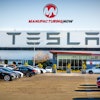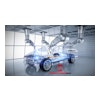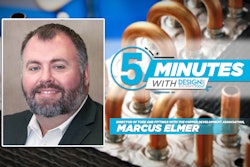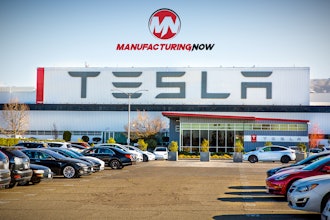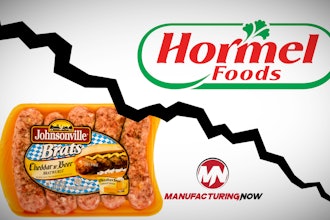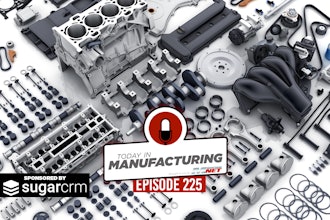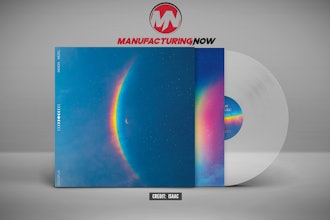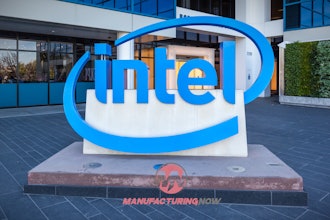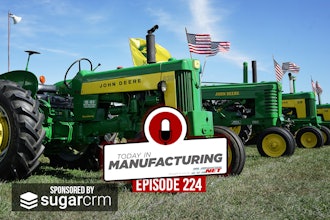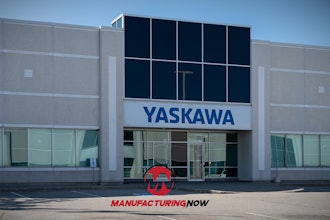Welcome to today’s lesson on website security, brought to you by Bristol Cars.
For those of you familiar with the Bristol brand, you probably associate it with the low-volume luxury cars it’s been hand-building in the U.K. since the 1940s, but if you’ve been keeping up, you’d know that Bristol, known for its cult-like following, has had a few financial problems as well.
The company -- which boasted celebrity clients such as Sir Richard Branson, Liam Gallagher and Tina Turner -- was actually rescued from collapse in 2011 by an investor, but it has failed to produce a production vehicle since. In March, it was announced that the carmaker was again insolvent, and its assets would be liquidated.
The Daily Mail called the company’s collapse a result of “failures in both engineering innovation and brand management,” but they weren’t the only ones with harsh words. In late August, an unidentified party posted a message on Bristol’s website attributed to the chairman, Kamal Siddiqi. But it won’t take you long to realize this message is probably not from Siddiqi.
Titled, “A Non-Apology,” the note starts with an admission that “blind self-interest, total lack of management skills, fiscal incompetence (not to mention stupidity and nepotism) caused this once-proud British marque to once again fall into receivership.” The now-deleted note goes on to say that Bristol’s owners, a company called Kamkorp, would be getting back to “fleecing investors, suppliers and staff” while its chairman continued to acquire a personal stash of luxury vehicles.
Reports assumed the website’s access credentials were still in the hands of a disgruntled employee. Although Jalopnik says that there’s a small chance it could be a hoax, they contend it actually jives with the company’s recent reputation for broken promises amid its “slow crash.”
Bristol Cars was launched post-World War II when its parent, Bristol Aeroplane Co., needed to diversify to make up for shrinking airplane orders. Its most recent, in-development model -- the Bullet -- was intended for 70 units at a price of $325,000.

